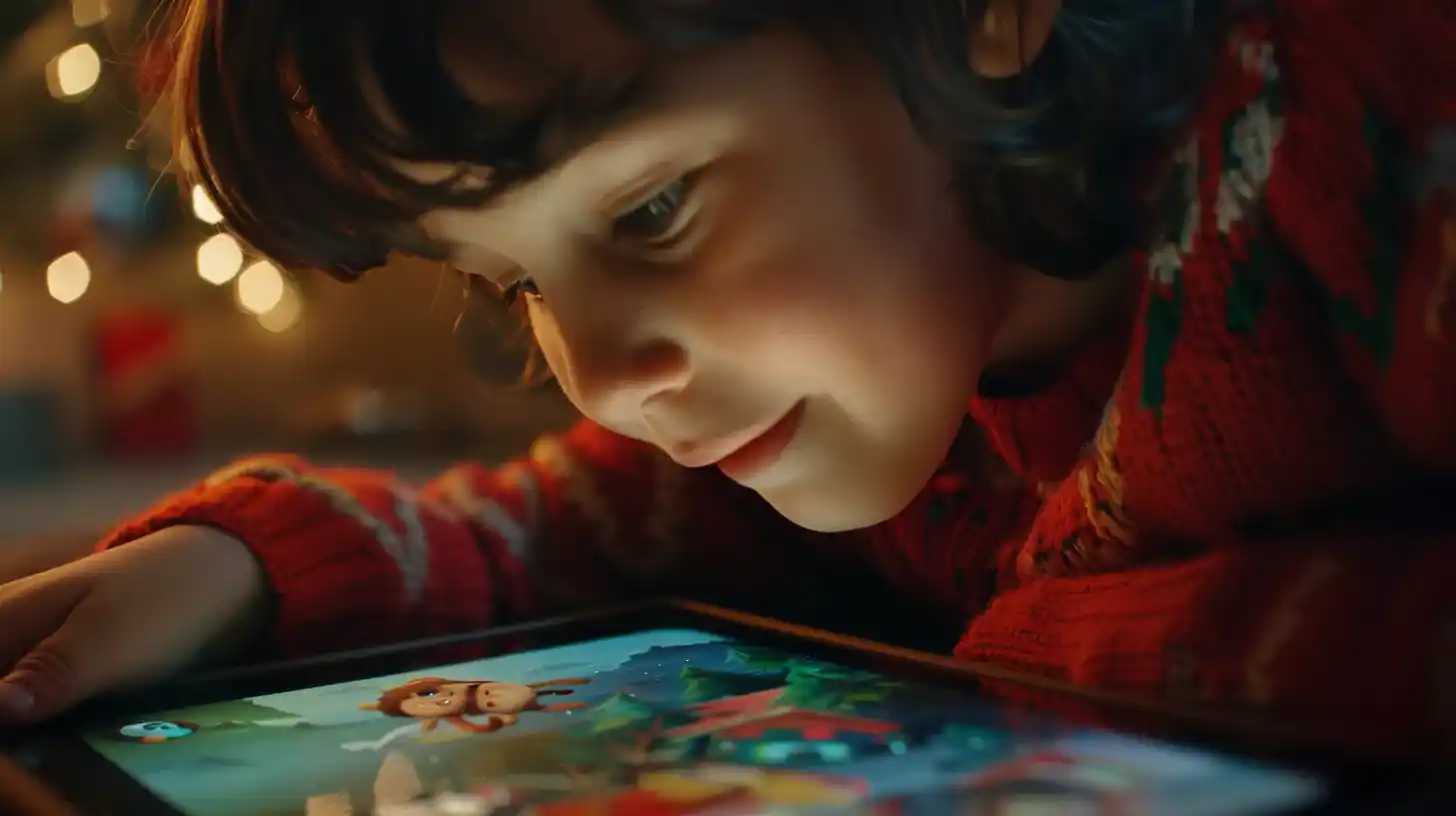Table of Contents
The once-mighty Toys R Us brand, a cherished memory for many, has taken a curious step towards revival. WHP Global, the current brand licensee, has unveiled a new commercial heavily reliant on OpenAI’s groundbreaking text-to-video tool, Sora. This innovative approach marks a unique moment in advertising, raising questions about the potential and limitations of AI-powered commercials.
The Resurrection of Toys R Us with an AI-Generated Commercial
The news of a Toys R Us AI commercial is bound to stir emotions for those who fondly remember exploring the vast aisles overflowing with toys. However, the brand’s journey since its 2017 bankruptcy has been a tumultuous one. Private equity takeovers were widely blamed for the company’s downfall, leaving a void in the hearts of children and parents alike.
WHP Global, which currently licenses the Toys R Us brand to retailers like Macy’s, has been exploring ways to revitalize the brand. Their latest attempt involves a groundbreaking Toys R Us AI commercial, utilizing Sora’s capabilities to create a visually compelling narrative. While the commercial won’t be airing on traditional television, it has garnered significant attention at the 2024 Cannes Lions Festival and online.
Consumer Response to the Cutting-Edge Toys R Us AI Commercial
The Toys R Us AI commercial has certainly captured the public’s attention, generating a mix of emotions and opinions. Here’s a closer look at the main themes emerging from the consumer response:
- Nostalgia: Many viewers see the commercial as a trip down memory lane, rekindling fond childhood memories of exploring the vibrant aisles of Toys R Us. This emotional connection could potentially fuel renewed interest in the brand.
- Skepticism: Some consumers question the effectiveness of a “zombie brand” relying solely on AI-generated visuals. They wonder if the emotional connection fostered by physical stores and human interaction can be replicated through a Toys R Us AI commercial. Can a brand truly recapture its magic without the physical experience?
- Debate over the Commercial Itself: The Toys R Us AI commercial itself has received mixed reviews. While some praise its innovative use of technology, others point out the limitations of AI in its current state. The discussion highlights the evolving role of AI in advertising and the challenges of creating truly impactful content.

The consumer response underscores the complex task WHP Global faces in reviving the Toys R Us brand. While the Toys R Us AI commercial has sparked conversation, it remains to be seen if it can effectively translate into brand loyalty and a successful comeback.
Related Article: Luma AI Dream Machine: A New AI Video Generating Tool
Can AI Commercials Spark a Revival?
The use of a Toys R Us AI commercial signifies WHP Global’s commitment to reviving the brand. Their plans to open larger flagship stores and expand into airports and cruise ships suggest a multi-pronged approach. Whether the Toys R Us AI commercial translates into a successful brand resurgence remains to be seen. However, it indicates that WHP Global is looking towards the future of retail, where the line between physical and digital experiences may continue to blur.
The very existence of the commercial paves the way for a future where AI plays a significant role in advertising. As AI technology like Sora develops, the lines between human-created and AI-generated content may blur further.
The Toys R Us AI commercial serves as a fascinating case study, offering a glimpse into the potential and challenges of this innovative approach. It raises questions about the ethical considerations of AI-generated advertising, the impact on creative jobs, and the effectiveness of AI in capturing the true essence of a brand. Only time will tell if Toys R Us, aided by this AI commercial, can recapture its past glory or forge a new path in the ever-evolving retail landscape.